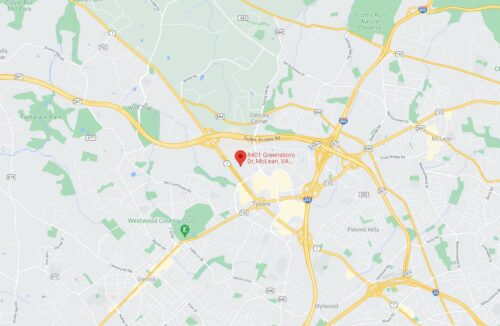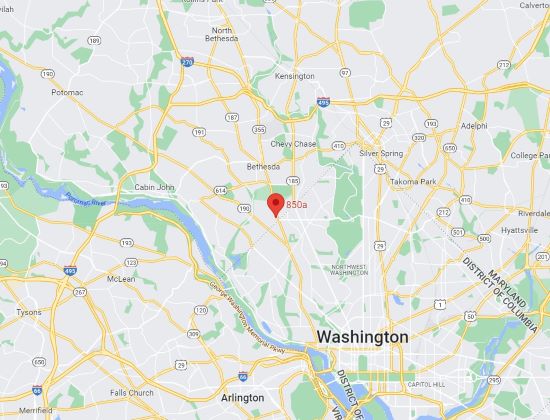While glasses address blurry vision and allow patients to see clearly, many prefer a more permanent vision correction option. LASIK surgery corrects the refractive errors that cause blurry vision in the millions of patients suffering from nearsightedness, farsightedness, and astigmatism.
Dr. Andrew E. Holzman is a skilled LASIK surgeon that can help you achieve excellent vision with LASIK surgery. Read on to learn how LASIK can help you get rid or your glasses in a week, and then contact our Washington, DC practice to schedule a consultation with us.
Treating the Actual Problem with Corneal Reshaping
Glasses and contact lenses don’t actually correct the root cause of blurry vision in patients with refractive errors. Instead, they help patients focus their vision so they can see clearly when wearing these vision aids.
The cause of blurry vision in patients with refractive errors is an abnormal corneal shape. In an eye with good vision, the cornea has a rounded shape. But in patients with refractive errors, the cornea is too flat, too steep, or shaped more like a football. As a result, light doesn’t focus directly on the retina, and the patient experiences blurry vision.
During LASIK surgery, Dr. Holzman uses state-of-the-art equipment to reshape the cornea with an excimer laser. By removing small amounts of corneal tissue from specific areas, he can produce a more rounded corneal shape and better vision.
Since the actual cause of blurry vision is corrected, most patients no longer need glasses or contact lenses after LASIK surgery.
Your Vision Immediately after Surgery
LASIK surgery is known for its safety, effectiveness, and quick results. Immediately after surgery, many patients report that their vision is slightly improved. However, it is normal for vision to still be blurry and hazy. Patients are also more sensitive to light.
To reduce discomfort after surgery, we recommend that patients take a long nap when they get home. Patients should continue to rest the eyes for the rest of the day.
Your Vision the Morning after Surgery
The morning after surgery, most patients can expect to experience significantly improved vision. Patients describe being able to read the clock or their phone without glasses when they wake up.
However, patients typically experience healing issues at this time, including some sensitivity to light, glare, halos, and difficulty seeing in low light conditions.
Your Vision in the Week after Surgery
Over the course of the next week, vision will continue to improve and healing concerns will diminish. By the end of the first week of recovery, most patients are incredibly happy and see clearly.
LASIK Enhancement Surgery
Although it is rare (approximately 1%), some patients don’t hit the ultimate goal of great, glasses free vision after LASIK surgery. In these cases, we can perform a LASIK enhancement procedure to improve vision. This is a relatively quick “touch up” and is almost always successful in achieving the goal since the correction is usually small. At our offices, this enhancement procedure is included in our Lifetime Commitment program. An enhancement is most commonly performed on:
Patients with higher degrees of refractive error, such as large amounts of astigmatism or high myopia.
To find out if you are a good candidate for LASIK, contact Dr. Holzman’s practice today.




